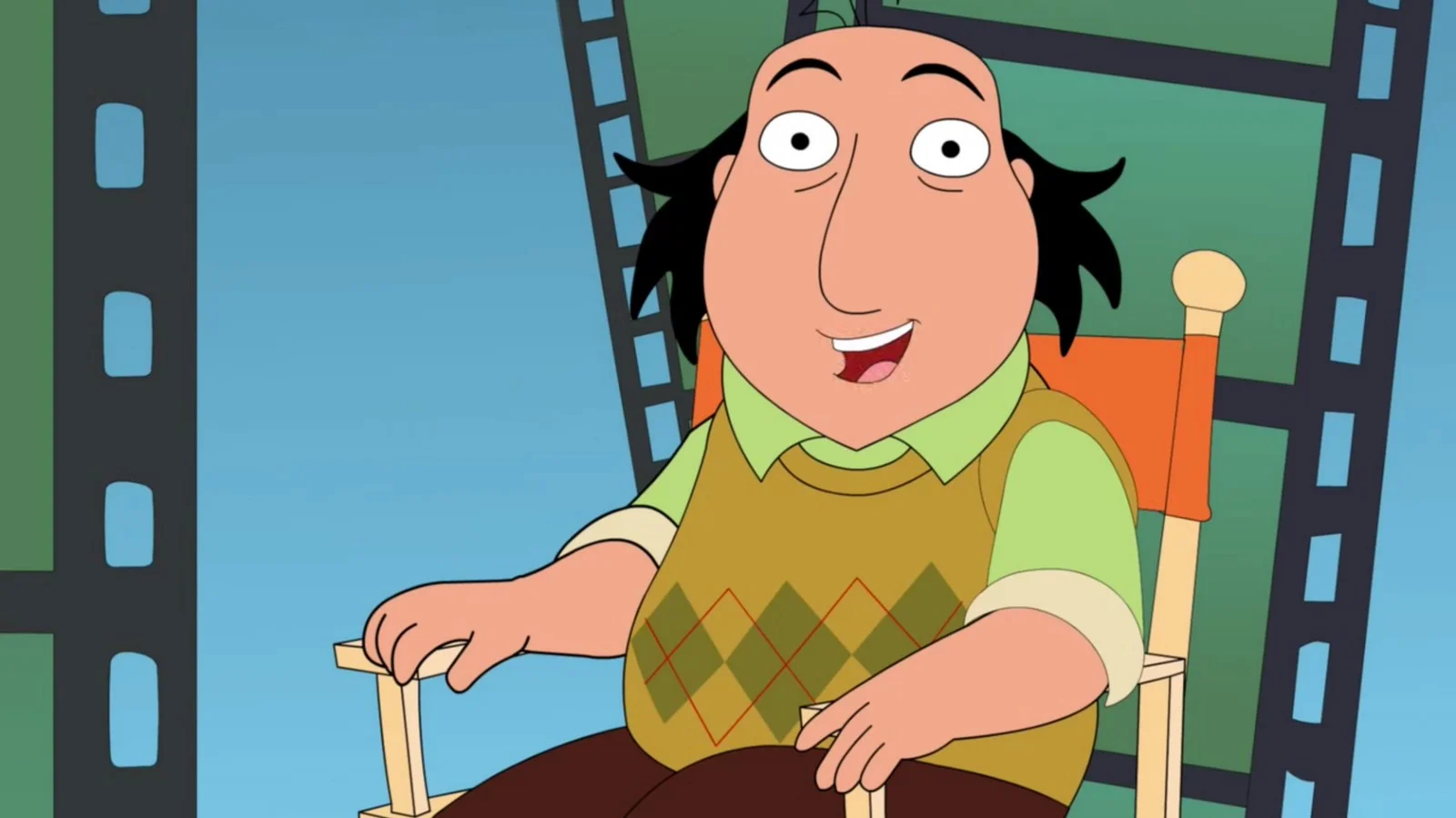Ben Watches Television : Bodyguard (2018)
I don’t know who’s in charge of acquisitions for Netflix, but that person has been busy in 2018. The service has literally flooded its own platform with original productions and put so little effort into promoting them, you might never notice some of them. It’s a weird strategy. Netflix originals used to be events in themselves. I sure wouldn’t have noticed six-episodes British miniseries Bodyguard if a friend hadn’t flagged it to me. That’s why I’m writing about it today. Because it’s a good and thoroughly uncomfortable show. In other words, it’s good but it’s a little fucked up, too.
So, Bodyguard is not about Kevin Costner and a fussy R&B singer. It’s the story of a Afghanistan war veteran with a dashing Scottish accent named David Budd (Richard Madden). After convincing a train bomber not to blow herself up while off duty, Budd is promoted to protection detail of controversial home secretary Julia Montague (Keeley Hawes). She’s trying to instill a hard line anti-terrorist bill titled RIPA-18, which will allow the state greater powers for surveillance. No one likes her. Not even David. But everything become muddled in situations of proximity.
Answer this question for me, please: if a show about a controversial, fascist politician features four terrorist attempts in three episodes, doesn’t it make the show fascist and the politician right, within the confines of its universe? If you say yes, you’re probably right and have watched only the first half of Bodyguard, which is a tense, almost Basic Instinct-like thriller of desire and brokenness amidst political tension. But that’s the thing the last three episodes of Bodyguard are a savage deconstruction of the first three. It’s not as openly fascist as it first pretends to be, but what is it exactly trying to tell us about post-Brexit Britain?
Well, Bodyguard is a show about power. Julie Montague says it herself: “Don’t tell me you’re one of these blokes who can’t handle a woman with power,” before plunging her hand down her underwear and starting to masturbate furiously in front of poor David Budd. I’m not even kidding. The characters in Bodyguard, except maybe for Budd himself, don’t have any real political convictions. Surveillance, terrorism, assassination attempts, law, public opinion, they’re all means to an end. Even RIPA-18 isn’t really about protection. It’s a law that would consolidate Montague’s path to party leadership, since she’d be politically enabled to use it.
The dots still aren’t connecting? I don’t blame you, Bodyguard is complicated and not 100% committed to what it’s saying. It eventually takes the first exit to Nihilist City and claims: “Everyone’s guilty. Everyone’s shitty and looking out for their own selves,” which is a cop out if I’ve ever seen one. But for a second, I thought it made a point about the post-Brexit/post-Trump election world. Ideas have become a mean to an end and that end is power. And elected officials will use ideas to divide people and consolidate their stranglehold over their peers. Terrorism is just an excuse to consolidate executive power in the world of Bodyguard, which is also nihilistic. But it feels a lot closer to our reality than the rest.
I liked Bodyguard overall. It was a good way to spend a rainy Sunday. There’s this huge fucking plot twist in the middle that sent me reeling across my living room and that I hope will do the same for you, too. While I thought it struggled with the point it was trying to make about contemporary politics and that it used hot button issues a little too liberally, it doesn’t exactly vehicles fascistic ideas. At least, not as much as it first appears to be. I don’t know if there will be a second season of Bodyguard, but the door was left open at the end. I also don’t know if the world needs a second season of Bodyguard unless it’s ready to tackle political problems with a little more earnestness, but we both know it’s now what’s going to dictate the future of the show.
6/10






